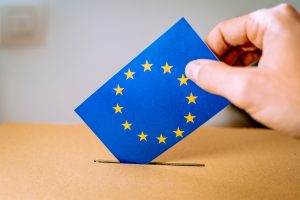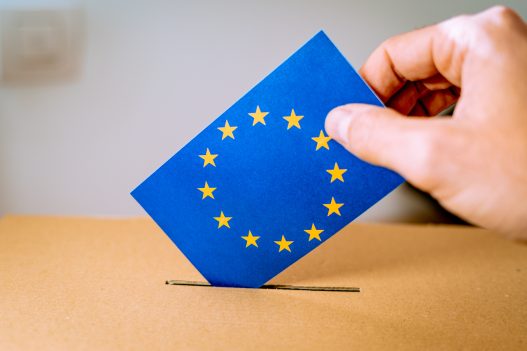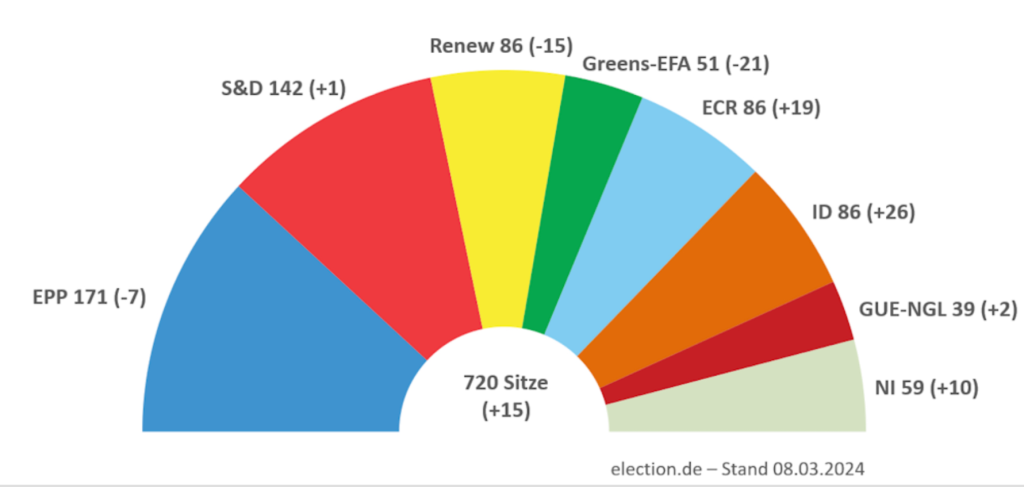
DISINFORMATION AND HOAXES, A THREAT TO BE TAKEN INTO ACCOUNT IN THE EUROPEAN ELECTIONS
By Asier Martínez Jurio / Aquí Europa
The European Union informs of the possibilities that during the electoral process cases of disinformation or hoaxes may appear through social networks. They also warn about the possible cyber attacks that the elections may suffer from Russia or China.
Vladimír Bilcík, member of the European Parliament insists on the importance of taking into account any non-EU country showing interest in the elections: “We must not only think about threats coming from outside, but also about relevant actors within the EU, more extremist currents”.
In June, almost 400 million EU citizens will have to go to the polls to elect the next composition of the Parliament. For this reason, an event was held this Tuesday, March 12, 2024, in Strasbourg with the aim of reinforcing the media’s commitment to “safeguarding democracy” and continuing its fight against political disinformation.
Previous years have already seen cyber-attacks on Parliament or disinformation of all kinds. This year, however, the growing evolution of AI, presents a threat to be reckoned with. Artificial intelligence has the ability to influence public opinion, with content that is less and less distinguishable from reality.
The Parliament also insisted on the importance of complying with the Digital Services Act, with the aim that large platforms such as Google or Amazon do everything possible to fight and reduce disinformation. It is also necessary to take into account the future law on artificial intelligence which aims to tackle deep fakes and protect the integrity of journalists and the media.
This law will prohibit journalists from revealing their sources or installing spying applications on their mobile devices, unless they are under judicial authorization. In addition, administrations will have to make public their advertising expenditures and respect the editorial independence of public media.
Christian Gsdoam, Strategic Communication and Foresight Advisor at the European External Action Service (EEAS), insists that the EU must form alliances to tackle disinformation: “Countries and institutions must unite to work together against this threat and be able to detect the source of disinformation even before there is a concrete case,” says Gsodam, who also stresses the importance of sharing the methodology to combat it among agencies.
————
This article was originally published in Aquí Europa, with whose permission we reproduce it.



